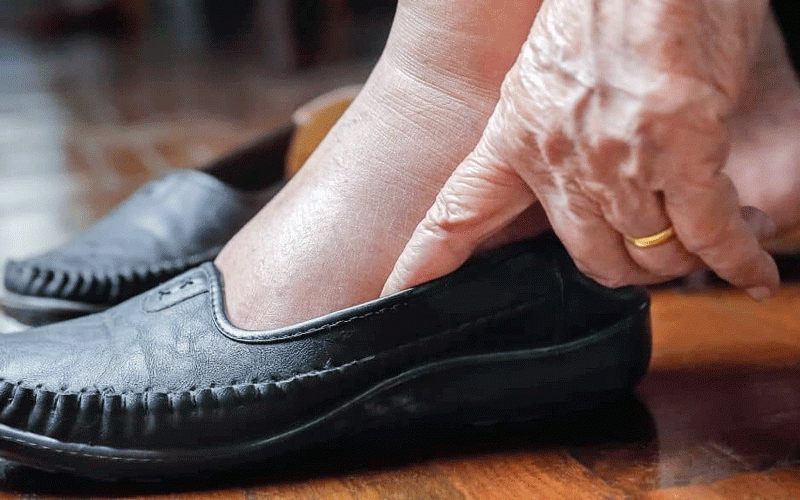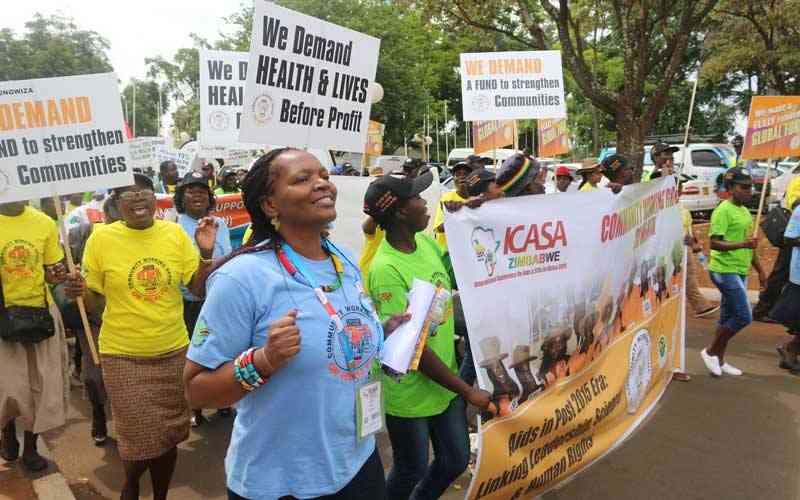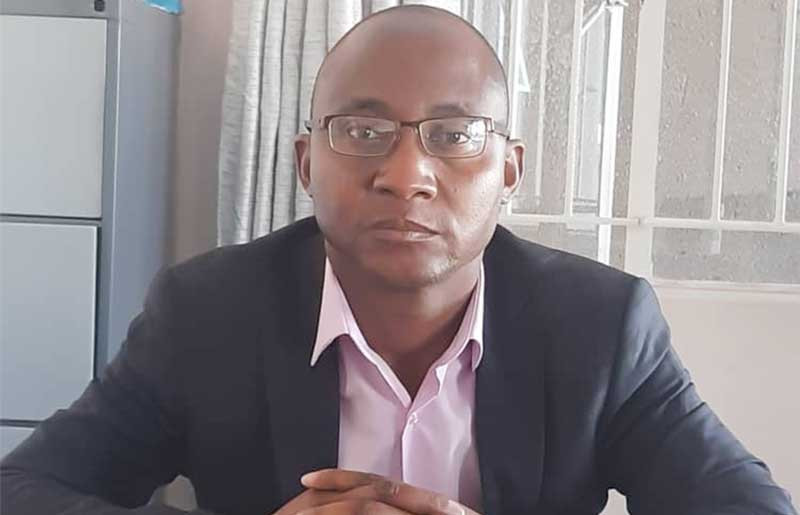
Although tests indicated that she was free of cancer, her doctor told her to be vigilant.
A second test came and returned negative three years later in May 2007.
But that quickly changed the same year when results from another test confirmed she had breast cancer.
“I went for tests in November and my oncologist told me that I had developed cancer,” Zhandire, a pensioner who stays in Mt Pleasant recounted. “I was terrified but I immediately took a major step towards my treatment.”
Her doctor told her the only way to stop the cancer from spreading was to remove the breast.
“At first I hesitated but later on I realised that it was much better to lose a breast than my whole life,” she said.
After the breast was successfully removed and the scar had healed, Zhandire went for more tests that showed the cancer had not spread to other parts of the body.
- Chamisa under fire over US$120K donation
- Mavhunga puts DeMbare into Chibuku quarterfinals
- Pension funds bet on Cabora Bassa oilfields
- Councils defy govt fire tender directive
Keep Reading
Doctors attributed this to the fact that the cancer was detected early, which was a blessing for Zhandire as she could skip other treatment stages, which include chemotherapy and radiotherapy.
She only had to go through thermotherapy and has to take tamoxifen tablets for five years.
But despite skipping some of the treatment stages, she still spent over US$10 000 — an amount which is far beyond the reach of a Zimbabwean pensioner.
And she still has to go for more tests after every six months, which requires extra money.
“If it wasn’t for my son, two daughters and their husbands I would not be alive,” Zhandire said.
“This is why the government needs to intervene on behalf of cancer patients just as they are doing for Aids patients because many people are dying owing to financial constraints.”
Government will look into cancer levy proposals —Madzorera
The World Cancer Day commemorations in Harare were organised by the Prevention and Control of Cancer in Zimbabwe (PCCZ) who called for a tax similar to the Aids levy.
Anna Mary Nyakabau, the PCCZ chairperson said: “Aids patients are being assisted with the Aids levy and there is no reason why this can’t happen to cancer patients as well.
“Cancer is one of the leading killers in Zimbabwe and if this problem is not looked into early, it will mean deaths.”
Health and Child Welfare minister Henry Madzorera said government would look into the proposals saying they were noble.
Tafadzwa Chigariro, the Cancer Association of Zimbabwe knowledge manager said there was a critical shortage of cancer treatment equipment, especially at public hospitals.
He said treatment was also beyond the reach of many patients.
For example, chemotherapy costs vary with specific cancers with that of Kaposi’s sarcoma, a cancer that is common in people living with Aids, estimated at around US$100 per circle (about a month). Full treatment consists of between four to six circles.
Cancer is the uncontrolled growth of abnormal cells in the body.
Symptoms of the disease depend on the type and location of the cancer and patients are encouraged to eat a balanced diet as well as to exercise. Last year the Zimbabwe National Cancer Registry said 4 175 cases compromising of 44,1% males and 55,9% females were recorded in 2006.











